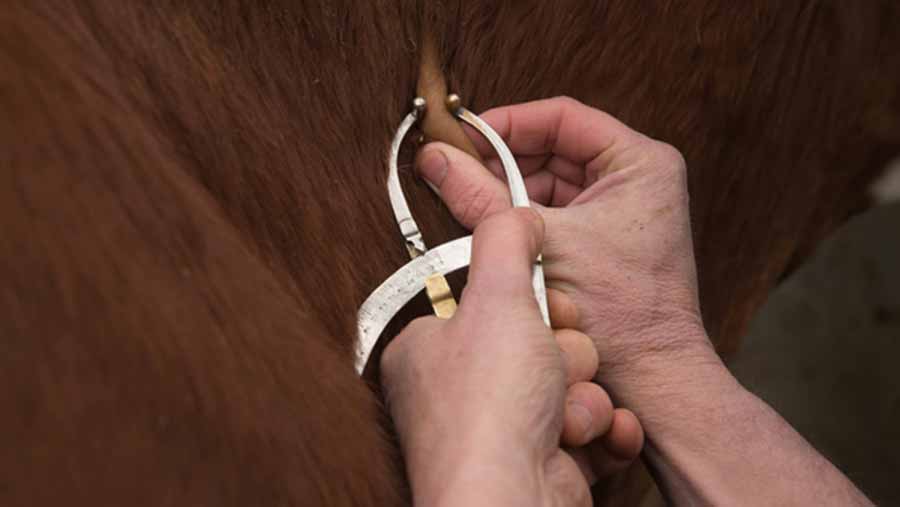TB scheme to reward good cattle biosecurity and herd health
 © Tim Scrivener
© Tim Scrivener Farm leaders have welcomed moves by the governments in England and Wales to further integrate a scheme promoting cattle biosecurity and herd health into bovine TB control programmes.
From October, farmers in Wales have the potential to avoid post-movement testing on cattle transferred to low-risk TB areas if they have been following Cattle Health Certification Standards (CHeCS).
Under the scheme, farmers must work with the herd vet to follow a number of biosecurity measures.
See also: Defra approves supplementary badger cull to keep numbers down
Every year spent in the scheme without a TB breakdown will improve the herd’s score to reflect the reduced level of risk.
Herds with a score of 10 – the lowest level – are then excluded from the post-movement testing requirement.
Simplifying surveillance
Westminster is also considering ways to recognise CHeCS through its TB programme.
As part of its consultation earlier this month on ways to simplify surveillance testing in high-risk TB areas in England, it put forward a proposal to test herds in high-risk areas in England less frequently if they are engaged in the CHeCS programme.
Speaking at the Royal Welsh Show, Keith Cutler, chairman of the Technical Group for CHeCS, welcomed the recognition of the role CHeCS could play in eradicating TB as a positive move.
“I am delighted that both governments have officially recognised the contribution the CHeCS TB programme could make to wider control efforts, and are prepared to reward participating farmers,” said Mr Cutler.
“The CHeCS standards have been helping farmers to systematically reduce or eradicate diseases such as BVD, IBR and Johne’s for years.
“Building the new CHeCS protocol for TB into existing government control measures means farmers can earn recognition for extra steps they are taking as well as reduce their risk,” he added.
